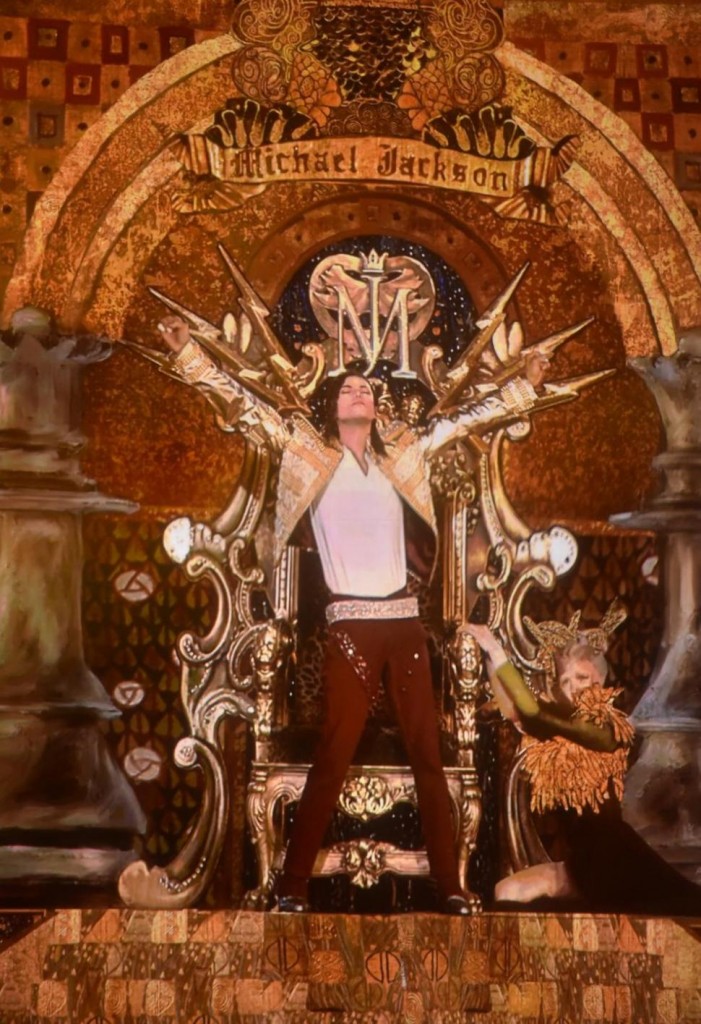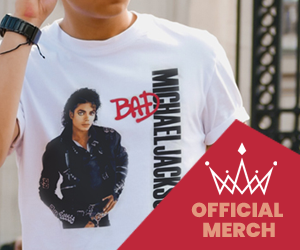Pulse Entertainment sued the entrepreneur for taking credit for its work at the Billboard Music Awards
The fighting over who owns rights to resurrect deceased artists like Michael Jackson andMarilyn Monroe through holographic-like projection technology is far from over, but billionaire Alki David scored a legal success on Wednesday when he convinced a California federal judge to reject a false advertising claim that pertained to what the FIlmOn founder said during a CNN interview.
David has bought Hologram USA and staked himself to the future of the technology, and around the time that the Billboard Music Awards featured a re-creation of Michael Jackson, he went on both a legal and publicity campaign. In court, David attacked those who had created the spectacle for allegedly infringing his patents rights. And through the media, he hyped the various applications for the projection technology. A day after the May 18 Billboard Music Awards, David gave an interview with CNN that aired with the caption, “Michael Jackson Hologram: How’d They Do It?”
Pulse Entertainment then brought a $10 million lawsuit against him. According to the complaint, David “falsely claimed credit for creating and developing the visual effects spectacle in a nationally-televised interview on CNN.”
U.S. District Judge Stephen Wilson notes that the allegation of misrepresentation is grounded in fraud and means that Pulse has the burden of specifying the statements it claims were false.
During the interview, David made various colorful statements including:
- “What you saw at the Billboard, you saw a digital head connected to an actor. We capture the body and the head in real time. And we have the sync marks and we can attach the two together”
- “What you saw at the Billboard was ‘Super Michael.’ You saw Michael beyond the controversy, beyond the problems that he faced in his real life.”
- “There is no end to how you can apply this. All we really need to do is apply our imagination”
But David didn’t directly say, “I created the Michael Jackson hologram.”
The closest that happened is when his CNN interviewer asserted the “MJ likeness used at the Billboard Music Awards was created by Hologram USA.”
Judge Wilson sees a difference.
“Most of the obviously false and deceptive statements were made by CNN (or its interviewer) rather than by Defendants,” writes the judge. “Even though Defendants participated in the interview, Pulse fails to plead sufficient facts to show that Defendants either knew of the false caption and interviewer’s statement before the broadcast aired or otherwise participated in their creation. The only specific statements attributed to Defendant were not materially deceptive. These statements related only to the methods used to create the Michael Jackson Animation, descriptions of the Animation, and statements relating to the potential uses for the technology used to create the Animation.”
CNN removed the interview from its website, but David republished the segment on websites and through his Twitter account. The judge says Pulse’s false advertising claim fails as to the original broadcast, but raises the prospect of some liability through the reposting.
“To the extent that Pulse’s false advertising claim relies on Defendants’ republication of the interview segment, it comes closer to meeting the mark,” writes the judge. “By reposting the segment with the interviewer’s statement and caption, Defendants arguably adopted these false statements.”
But Pulse hasn’t offered up enough details about exactly when and how the CNN interview got reposted, so for now, the false advertising claim fails there too. The lawsuit is dismissed with leave to amend, however, meaning that Pulse can try again.
Also in the ruling, Judge Wilson rejects a reverse passing off claim and doesn’t think that Pulse’s claims belonged as counterclaims in the ongoing patent infringement lawsuit.
SOURCE: Hollywood Reporter




